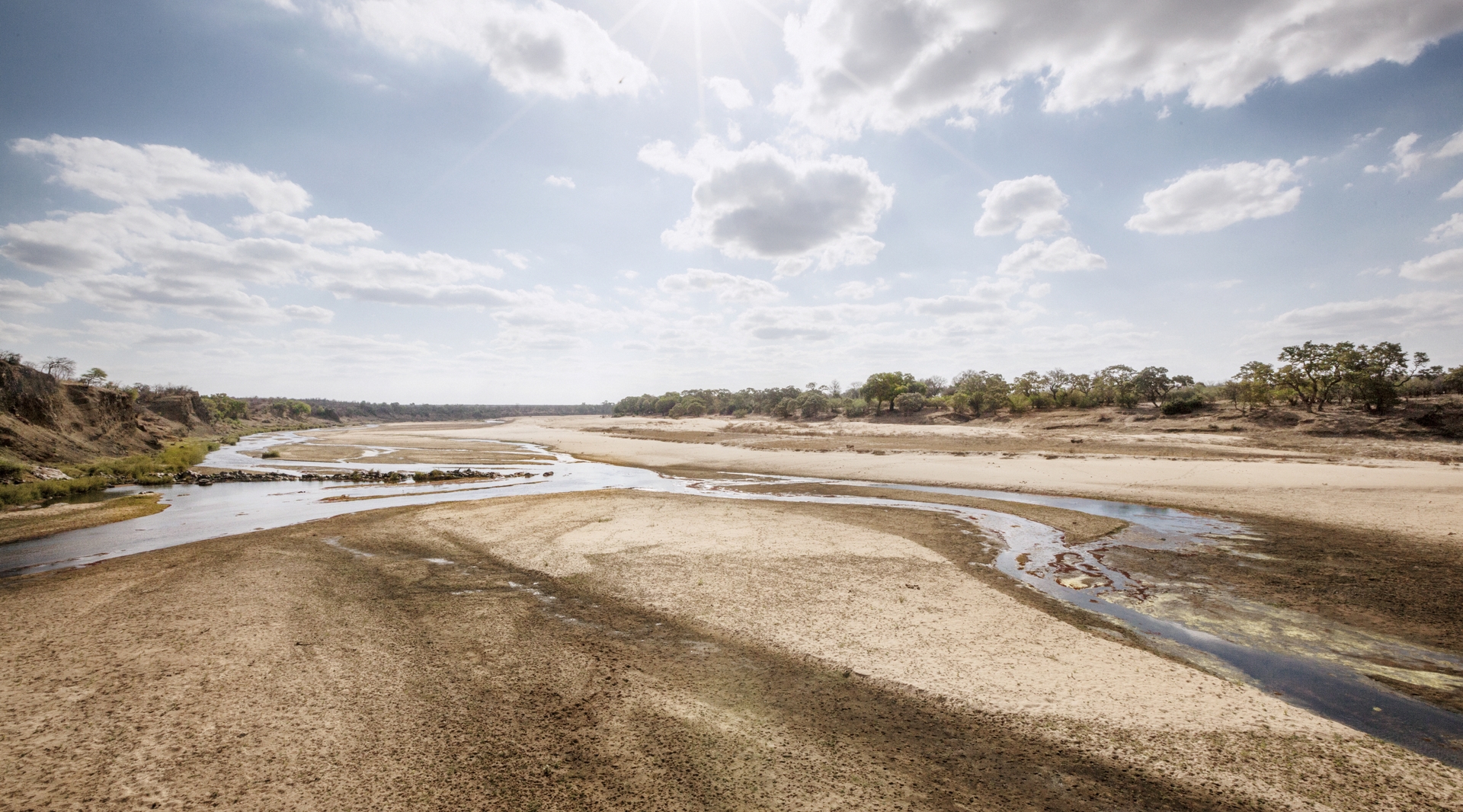World Environment Day (WED) is observed every year on 5 June, established by the General Assembly of the United Nations on December 15th 1972, in memory of the first United Nations Conference on the Human Environment, held in Stockholm in June of that year.
On that occasion the Stockholm Declaration was adopted, establishing the 26 principles on the rights and responsibilities of man towards the environment.
The purpose of the day, UN Italy declares, has always been “to give a human face to environmental questions, so that every person becomes an active agent of sustainable and equitable development; to increase the understanding that communities are fundamentally important in changing opinions about environmental questions; to promote partnerships that guarantee a secure and prosperous future to all nations and peoples”.
In 2016 the theme “Go Wild for Life” focussed attention on the illegal trade in wild animals, which destroys biodiversity, putting elephants, rhinoceros, tigers and many other species at risk of extinction, causing economic harm, encouraging crime and increasing corruption.
Safeguarding the environment is at the centre of Agenda 2030 which attributes the Sustainable Development Goals (SDG) number 15 to this subject: “To protect, restore and promote a sustainable use of Earth’s resources, to manage forests sustainably, work against desertification and invert soil erosion and to halt the loss of biodiversity”
